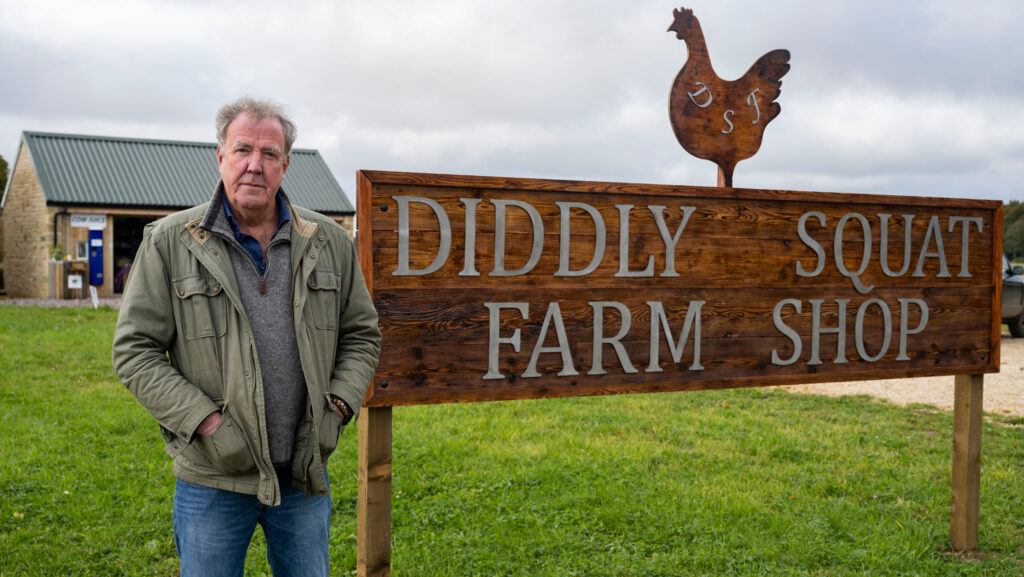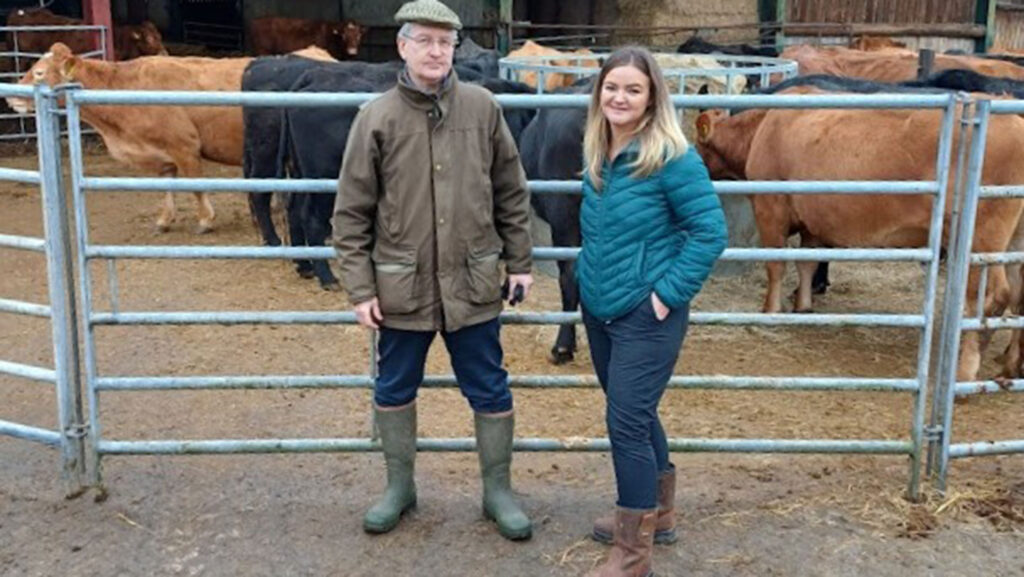Clarkson’s bovine TB case exposes testing flaws
 Jeremy Clarkson © Amazon Prime Video
Jeremy Clarkson © Amazon Prime Video Jeremy Clarkson’s revelation that bovine TB has struck his Diddly Squat Farm in Oxfordshire has reignited debate over the government’s handling of the disease.
Posting on X on 31 July, he wrote: “Bad news from Diddly Squat. We’ve gone down with TB. Everyone here is absolutely devastated.”
The identification of TB infection in the Oxfordshire Edge area underscores wider concerns among farmers and scientists over unclear transmission routes, ineffective testing, and costly, prolonged breakdowns.
See also: Experts to review new evidence in battle against bovine TB
Mr Clarkson’s own uncertainty over the source mirrors frustration across the industry.
Research ecologist and countryside advocate Tom Langton said the Labour government’s strategy lacks scientific rigour, with contact tracing efforts based on “crude questionnaires and guesswork” rather than robust epidemiology.
The government aims to eradicate TB in England by 2038. However, Mr Langton warned that without scientific clarity, the approach is failing.
“The current testing system – using skin and gamma tests – is missing a significant proportion of infected animals and letting the disease linger undetected, to be traded on,” he said.
Missed cases in herds
Veterinary scientist Prof James Wood has told BBC Radio 4’s Farming Today programme that up to half of herds released from restrictions may still harbour infection – further highlighting the need for better diagnostics.
Mr Langton added: “Bovine TB has cost billions, caused animal suffering and ruined livelihoods. It’s time for a fresh, science-led approach – not more closed-door decisions based on stale thinking and failing methods.”

Tom Langton on a farm visit with Labour MP Jenny Riddell-Carpenter © Tom Langton
Prof Mark Brewer, a senior biostatistician at the James Hutton Institute, in Aberdeen, echoed concerns about the scientific basis of the current strategy.
He recently reviewed a Royal Society paper that highlighted “basic statistical oversight” in policy science, and oversights in the previous Randomised Badger Culling Trial (RBCT) 1998-2005, needed proper investigation.
However, a Defra spokesman insisted the government and its agencies are working hard to introduce measures to reduce the spread of TB and pay compensation to farmers who lose animals to this disease
“Bovine TB is a devastating disease that destroys farmers’ livelihoods. Our hearts go out to all farms suffering from positive cases,” they said.
“We are determined to eradicate Bovine TB, rapidly rolling out badger vaccinations to help protect farmers’ livestock.”
Godfray Review delayed
Expectations had been high for the refreshed Godfray Review to provide guidance on future TB strategy, but Farmers Weekly understands its publication has been delayed.
“The longer it’s delayed, the more uncertainty builds,” said Mr Langton, though Defra insists the report will see the light of day “soonish” and “well ahead of the end of the year”.
Meanwhile, a £1.4m badger vaccination trial is under way in Cornwall, led by the NFU and Zoological Society of London.
The trial is focused on badger TB prevalence and vaccination logistics – but not the vaccine’s effect on cattle infections, despite previous government review recommendations to do so.
Defra parliamentary under-secretary of state, Sue Hayman, recently confirmed that the trial will not assess the impact of badger vaccination on cattle breakdowns.
Further support on bovine TB
There are a number of organisations who can help with further information and support regarding bovine TB.
- TB Advisory Service website: www.tbas.org.uk, email info@tbas.org.uk or phone 01306 779 410
- The TB Hub website: tbhub.co.uk,
- The Farming Community Network: email help@fcn.org.uk or phone 03000 111 999
- The Royal Agricultural Benevolent Institution: email help@rabi.org.uk or phone 0800 188 4444
- You Are Not Alone (YANA): email helpline@yanahelp.org or phone 0300 323 0400
- The Royal Scottish Agricultural Benevolent Institution: email helpline@rsabi.org.uk or phone 0808 1234 555
- DPJ Foundation: email Kate@thedpjfoundation.co.uk or phone 0800 587 4262
